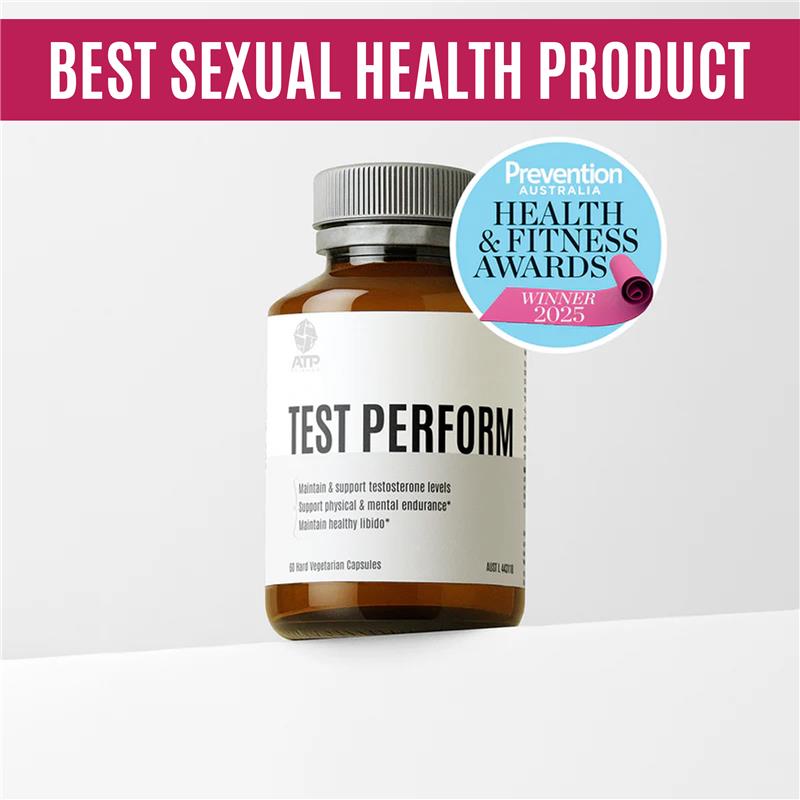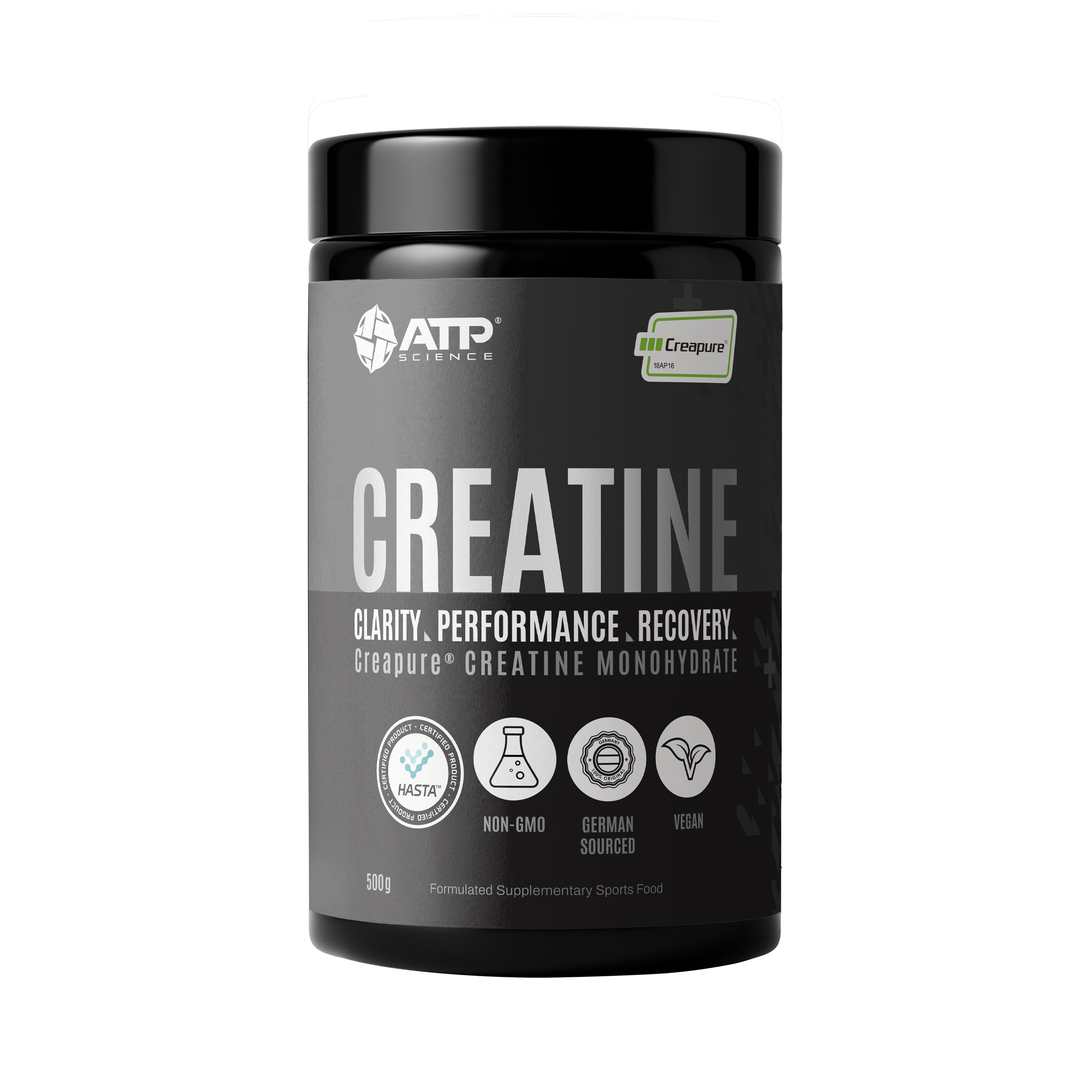How to Choose High-Quality Sports Supplements
The most expensive supplements are the ones you don’t need. The second most expensive? Poor-quality supplements that simply don’t work. With so much contradictory advice out there, these top five tips will help you not only choose the supplements that are right for you, but also find quality sports supplements that will help you reach your health and fitness goals.
We’ve paid special attention to magnesium, as it is one of the most commonly misused supplements.
1. Seek the support of a naturopath or clinical nutritionist
A practitioner can determine what supplement is best for you. This is the single best way to get the right sports supplement, as well as ensure the supplement is of high quality. It’s a tricky business to select supplements, and a natural therapist has access to high-quality brands that are often not available in retail stores. They also have a wealth of experience in using supplements to treat all kinds of conditions.
2. Pay attention to the dosage
Not all doses are created equal. Let’s assume you have been diagnosed with low magnesium levels, and you need to take a therapeutic dose of 300mg per day. If you pick up a magnesium supplement that contains 50mg of elemental magnesium (elemental means the actual amount in it), you would need to consume six tablets per day to reach your recommended dose. If you only take one tablet per day, even if you are diligent, you simply aren’t going to correct your deficiency.
This is often the case with a typical multivitamin supplement, as it’s physically impossible to fit all the vitamins and minerals you need daily into one tablet—unless you want the tablet to be the size of a football.
3. Check the form of the nutrient
There are good and bad forms of nutrients in sports supplements, especially magnesium (more on that here and here). The magnesium oxide form, for example, is used in many supplements because it’s inexpensive, but it’s very poorly absorbed. While you could be taking a decent amount of magnesium (300mg/day), it will pass straight through you and not in a nice way—hello diarrhoea.
4. Choose the right type of sports supplement
This is a tricky one to get right. Assuming you need magnesium, you can take an absorbable form (like magnesium bysglycinate) in a drink. With the right dose—Bob's your uncle—your magnesium levels will rise. But magnesium likes to be split up and taken throughout the day. This means you may want to get magnesium citrate in a tablet/capsule form, so that it’s much more convenient to take throughout the day.
5. Consider the dual role of supplements
A supplement can have more than one benefit, and it should be taken with these other benefits in mind. For example, magnesium is great for general health. But if you’re also having trouble sleeping, you could take magnesium bysglycinate in the evening one hour before bed. The magnesium and the glycine combined has the potential to help you relax and get a good night's sleep.
If you suffer from anxiety, magnesium threonine has the potential to reduce anxiety even more than magnesium alone. Magnesium hydroxymethyl butyrate is great for brain clarity. This is a ketone, which increases mental clarity, along with boosting your magnesium levels. And if it’s energy you’re chasing, then magnesium citrate could help. The citrate part of the molecule is involved in the energy-producing part of the body called the Krebs' cycle.
Given the examples above, it gets complicated. Some supplements containing high-quality forms of magnesium that we recommend are the Noway Hot Chocolate, which contains Magnesium bysglycinate to help you relax at night, and ZMAG, which contains magnesium citrate to support energy levels throughout the day.
The take-home message
Supplementation is a huge topic with literally thousands of different options to choose from for the average consumer. The best way to get high-quality supplements and the right ones for you is to see your natural health care practitioner like a naturopath, herbalist or nutritionist. If this is not possible, do your research and ensure you are buying from a company that you trust. By following these simple tips, you should end up with the best general health supplements, sports supplements or women’s health supplements to match your needs.


















